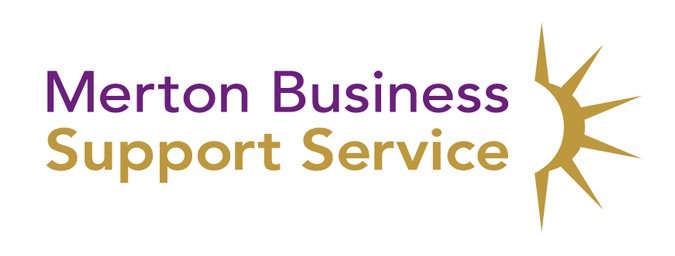Starting a business the basics
Post on: 26 Июль, 2015 No Comment

1. Overview
As well as your product or service, you may want to choose your business’ name, its structure and how you are going to run it. also It is also important to think about how you are going to attract customers and where you will get the money for starting up.
This guide outlines what your options are, and where you can find the information you need for planning your new business. It gives guidance on business plans, finance and the legal requirements that must be met when starting up a business.
2. Before you start your business
You may need to research and develop your basic business idea. work out what you are going to name your business and decide on what form it will take. It is important think carefully about your product or service, audience and what makes you stand out from the crowd.
At this point, it is worth thinking about how you are going to finance your start-up and what effect it will have on your personal finances while waiting for profits to show.
3. Start-up options
There are a number of options available to you when starting a business. You might want to start your business full-time or part-time. or even in your spare time. You could choose to work from home or at separate premises. to buy an existing business or to invest in a franchise. depending on your experience, lifestyle and resources.
Assess your skills and see where you might need some extra development or support. Business Gateway offers free events covering a wide range of business issues, including taxes, marketing, networking and business planning. Find events in your local area .
4. Finance for start-ups
Money is necessary for starting your business and to keep it going until your customers pay you. You will need to cover your personal expenses until the business can support you.
There are many different funding options for start-ups including:
- personal savings
- money from family and friends
- bank loans
- grants and equity funding from private investors

Creative thinking and planning your cashflow might save you money and make it less costly than you may think to start your own business.
5. Tax and legal issues for start-ups
You may need to seek specialist advice on intellectual property protection to cover copyright, trade marking, design registration or patenting.
It is vital to keep accurate records and pay tax and National Insurance.
6. Business planning for start-ups
You should plan your business carefully before you start up. The headings in a business plan can be thought of as a checklist of questions you need to ask yourself to reassure yourself that your venture will work.
Writing the plan down helps to clarify your thinking and identifies where you intend to get to and how you intend to get there.
7. Finding and keeping customers
It will serve you well to have a clear understanding of what an ideal or typical customer looks like. You may also need a way of identifying groups of customers with a similar profile.
Understanding target customers and their needs is a key aspect of your market research. Developing a marketing plan and a sales plan will help you develop strategies to reach these customers through promotional activities while helping you to budget for the cost.
Once you have gained new customers, it will be possible to build a long-term relationship with them to ensure repeat business. Its significantly easier and cheaper to do business with existing profitable customers than find new ones.
A focus on customer service will help retain your most valuable customers. Customer feedback on your performance will help you make informed decisions when making adjustments to your offer. It also increases the likelihood that your customers will talk about you positively to others and make referrals.














